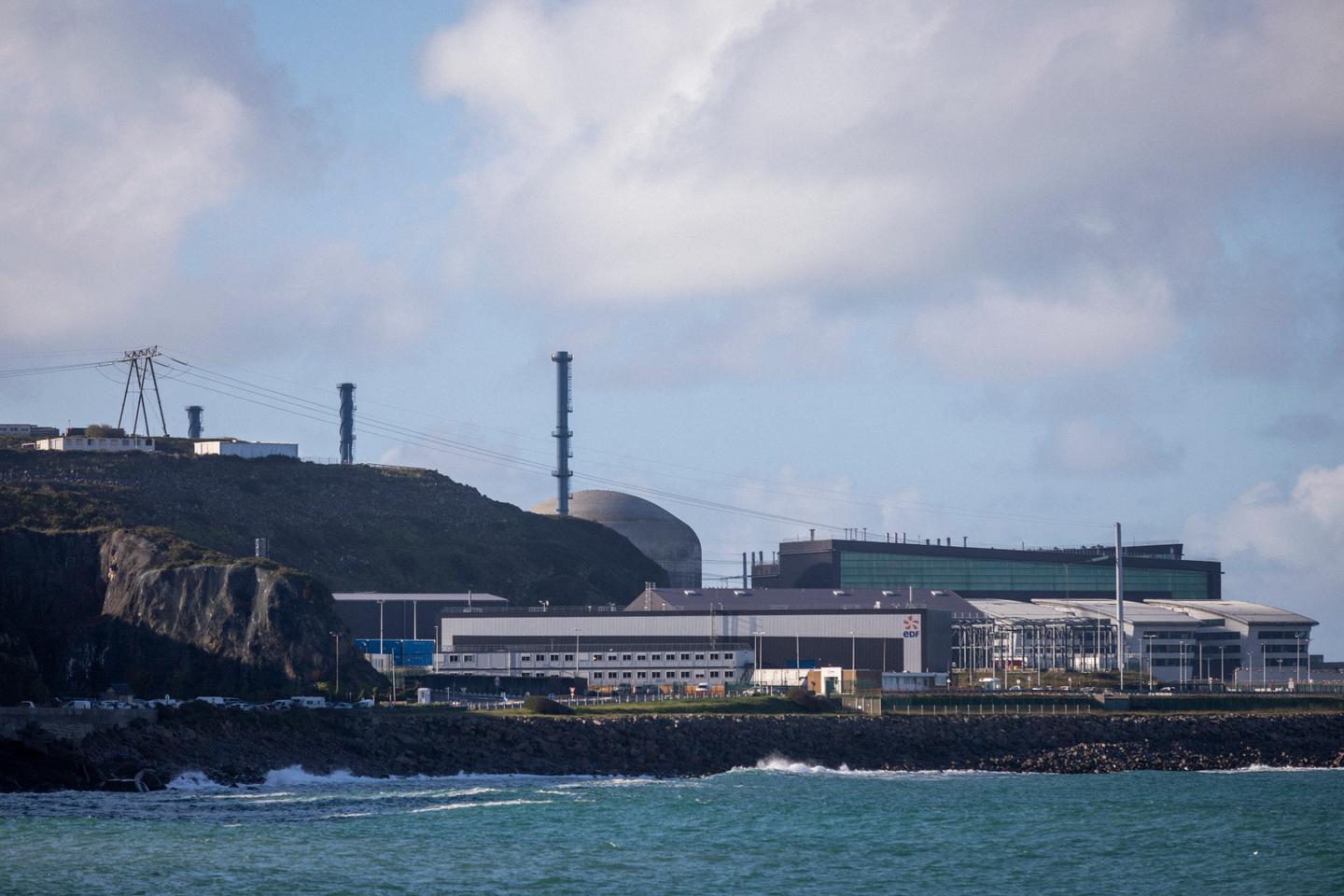Summary
France’s Flamanville 3 nuclear reactor, its most powerful at 1,600 MW, was connected to the grid on December 21 after 17 years of construction plagued by delays and budget overruns.
The European Pressurized Reactor (EPR), designed to boost nuclear energy post-Chernobyl, is 12 years behind schedule and cost €13.2 billion, quadruple initial estimates.
President Macron hailed the launch as a key step for low-carbon energy and energy security.
Nuclear power, which supplies 60% of France’s electricity, is central to Macron’s plan for a “nuclear renaissance.”



I think that’s the point here. OP is claiming that nuclear is overburdened by regulations, which normally protects people. But when they go wrong or aren’t followed, it changes the map.
That OP is me. Yeah, you’re right. Some are required. The same for any other power source. Coal, for example, constantly sprays radioactive waste into the sky, and they aren’t burdened by it. Nuclear is singled out, and that’s because it’s a risk to existing industries. It isn’t so burdened out of actual need.
That’s why I’m hoping for the smaller modular designs that can be certified and studied very well.
Both are good. Usually scale gives better efficiency, though nuclear is already so efficient that it isn’t strictly required. I’m in favor of moving forward with both, and we should be getting the government to support the development, at least by removing unnecessary barriers that are there just to prop up dirty energy a little longer.